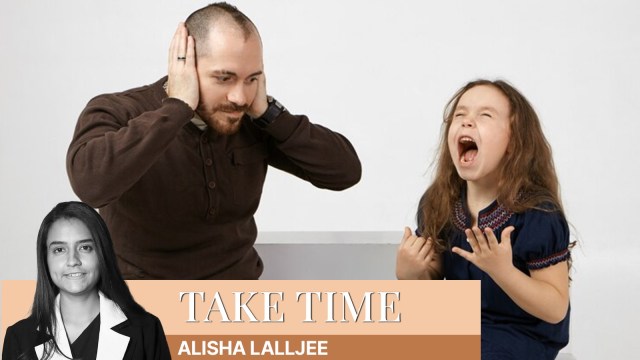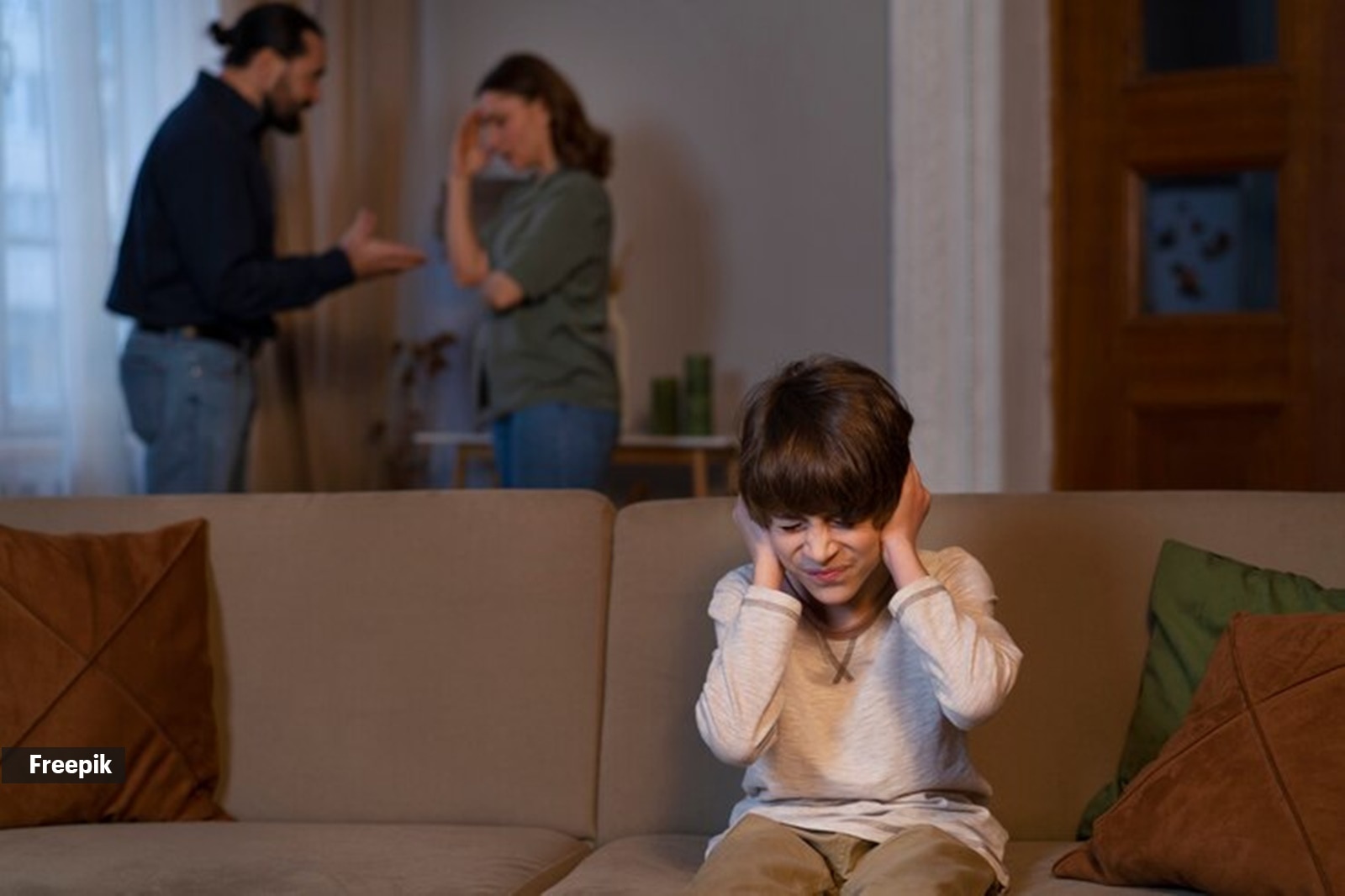The challenges of angry children and single parenting
With support and effective strategy, a parent can help a child navigate anger constructively
 Children may feel angry about the situation or towards their parents, especially if they feel abandoned or betrayed. (Source: Freepik)
Children may feel angry about the situation or towards their parents, especially if they feel abandoned or betrayed. (Source: Freepik)Children from homes where parents have separated or are facing a rocky marriage may experience a range of feelings including sadness and loss as they may mourn the loss of their family structure, which can lead to feelings of grief. Children may feel angry about the situation or towards their parents, especially if they feel abandoned or betrayed. Many children struggle to understand why their family is changing, which can create confusion and uncertainty. Sometimes they might feel responsible for the breakup or believe that they could have done something to prevent it. Changes in their living situation can lead to feelings of insecurity and fear about the future. They may feel alone or different from their peers, leading to feelings of loneliness. The experience of a broken home can impact a child’s self-worth and lead to feelings of inadequacy.
As a child grows up and learns to deal with his emotions better, he/she may face anger in spurts. It is important for a child to first accept and acknowledge this anger to be able to deal with it better. Helping children from broken homes manage their anger involves several supportive strategies:
- Encourage children to express their feelings and emotions. Create a safe space for them to talk about their experiences
- Help them identify and label their emotions. Understanding their feelings can empower them to manage anger more effectively, this will also help them become more emotionally aware
- Show them healthy ways to react to anger and frustration. Children often learn by observing adults
- Teach techniques such as deep breathing, counting to ten, or engaging in physical activities to help them manage and cope with their anger
- A stable routine can provide a sense of security for children. Consistency can help them feel more in control.
- If the anger is severe, consider seeking help from a counsellor or therapist who specialises in children’s emotional health
- Reward positive behaviour and coping strategies that they use to deal with their anger
- Encourage participation in sports, art or other activities that allow emotional expression and stress relief
 It is important for parents to adopt healthy copying strategies to be able to help themselves and their child better. (Source: Freepik)
It is important for parents to adopt healthy copying strategies to be able to help themselves and their child better. (Source: Freepik)
By providing support, understanding and effective strategies, you can help children navigate their emotions and manage their anger constructively. It’s important to acknowledge and validate these feelings, as they can greatly impact a child’s emotional well-being and development. Providing support and open communication can help children navigate these complex emotions.
Parents who are frustrated may often vent their anger on the child. Single parenting burnout is a state of physical, emotional, and mental exhaustion that can occur when a single parent feels overwhelmed by the demands of raising children alone.
There are many psychological effects of being a single parent, including significant amounts of stress. Lack of support, conflicts over parenting and custody, and financial worries are just a few common sources of single-parent stress. It can take a toll not only on your mental well-being but also on your relationships and physical health. Taking steps to manage the psychological effects of being a single mother or father might include creating boundaries, asking for help, and using effective stress management strategies.
Physical symptoms like fatigue, headaches, and changes in sleep patterns. Feelings of hopelessness, irritability, or detachment from children. Loss of interest in activities or responsibilities that were once enjoyable. Increased conflict or withdrawal from friends and family are commonly seen symptoms in single parents.
It is important for parents to adopt healthy copying strategies to be able to help themselves and their child better. Reach out to friends, family, or support groups for assistance and emotional support. Make time for self-care activities, such as exercise, hobbies, or relaxation. Parents must focus on what can be accomplished rather than striving for perfection. Every parent makes mistakes while bringing up a child and its absolutely okay to learn from ones mistakes. Having a structured routine can provide predictability and reduce stress. Techniques such as meditation or deep-breathing can help manage stress levels and are not only beneficial for the parent but the child can be trained to follow the same too. Acknowledging the challenges and prioritising self can help single parents manage burnout and maintain their emotional well-being.
- 01
- 02
- 03
- 04
- 05































